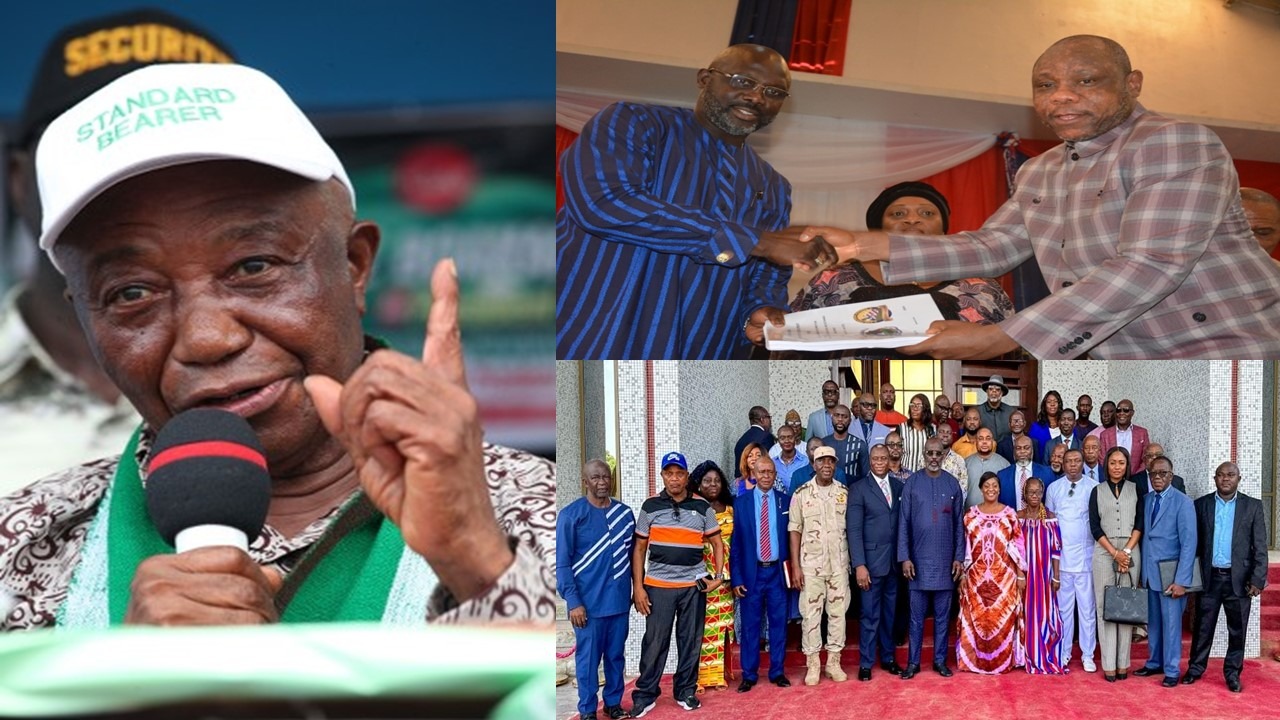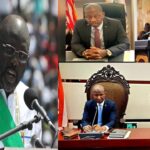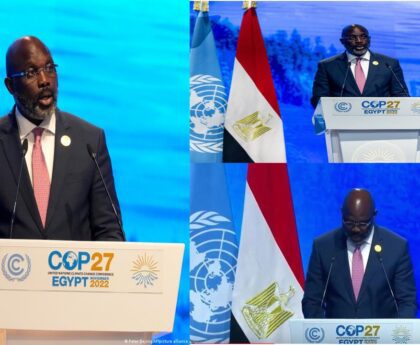As President-elect Amb. Joseph N. Boakai prepares to assume office, the nation eagerly anticipates a new era marked by transparency, accountability, and responsible governance. One pressing issue on the minds of citizens is the need for a comprehensive corruption investigation into the outgoing government of President George Weah. Many argue that an immediate and thorough inquiry is crucial for maintaining public trust, upholding the rule of law, and fostering a culture of accountability in the nation.
The Urgency of Action:
Upon his inauguration, President-elect Joseph N. Boakai faces a pivotal moment in the country’s history, one that demands swift and decisive action. The urgency of initiating a corruption investigation is underscored by widespread concerns over alleged financial improprieties, mismanagement of public funds, and a perceived lack of accountability during President George Manneh Weah’s tenure.
An Executive Order for Transparency:
To address these concerns head-on, citizens and advocacy groups are urging President-elect Joseph N. Boakai to issue an Executive Order mandating the immediate commencement of a corruption investigation into the outgoing government. Such a directive would send a powerful message about the new administration’s commitment to transparency and accountability.
Ensuring Independence and Impartiality:
The success of any corruption investigation hinges on its independence and impartiality. President-elect Joseph N. Boakai must ensure that the investigative process is shielded from political interference, allowing law enforcement agencies and relevant institutions to operate without fear or favor. By doing so, the President can demonstrate his commitment to a fair and unbiased pursuit of truth and justice.
Scope of the Investigation:
A robust corruption investigation should encompass a thorough examination of financial transactions, government contracts, and decision-making processes during President George Weah’s tenure. This includes scrutinizing key figures within the administration, such as ministers, officials, and those involved in critical policy decisions. The investigation must leave no stone unturned to rebuild public trust and instill confidence in the integrity of the country’s governance.
International Cooperation:
Given the potential complexity of the issues at hand, President-elect Joseph N. Boakai’s administration should also consider seeking international cooperation and expertise to ensure a comprehensive and credible investigation. Collaborating with reputable organizations and foreign entities can add an extra layer of transparency to the process, reinforcing the commitment to accountability on the global stage.
Legal Consequences and Restitution:
Should the investigation uncover evidence of corruption or financial wrongdoing, President-elect Joseph N. Boakai must be prepared to uphold the rule of law. Legal consequences, including prosecutions and penalties, should be pursued against those found guilty. Additionally, efforts to recover misappropriated funds and ensure restitution to the state must be a key component of the government’s response.
Rebuilding Public Trust:
Beyond the legal ramifications, a corruption investigation serves as a crucial step in rebuilding public trust in government institutions. By addressing allegations of corruption head-on, President-elect Joseph N. Boakai can demonstrate his administration’s dedication to a new era of integrity and accountability, setting a precedent for future governance in the nation.
Conclusion:
President-elect Joseph N. Boakai’s issuance of an Executive Order for an immediate corruption investigation into the outgoing government of President George M. Weah is not just a matter of legal procedure; it is a declaration of commitment to the principles of good governance. As the nation looks toward a new chapter, the success of this investigation will play a pivotal role in shaping public perception, fostering accountability, and paving the way for a brighter future for all citizens.




